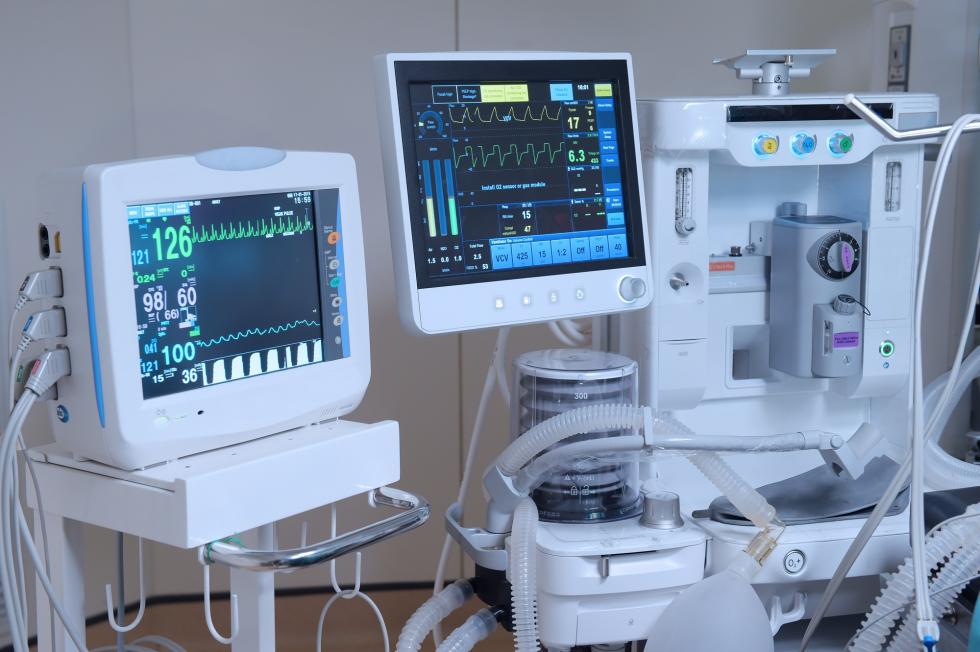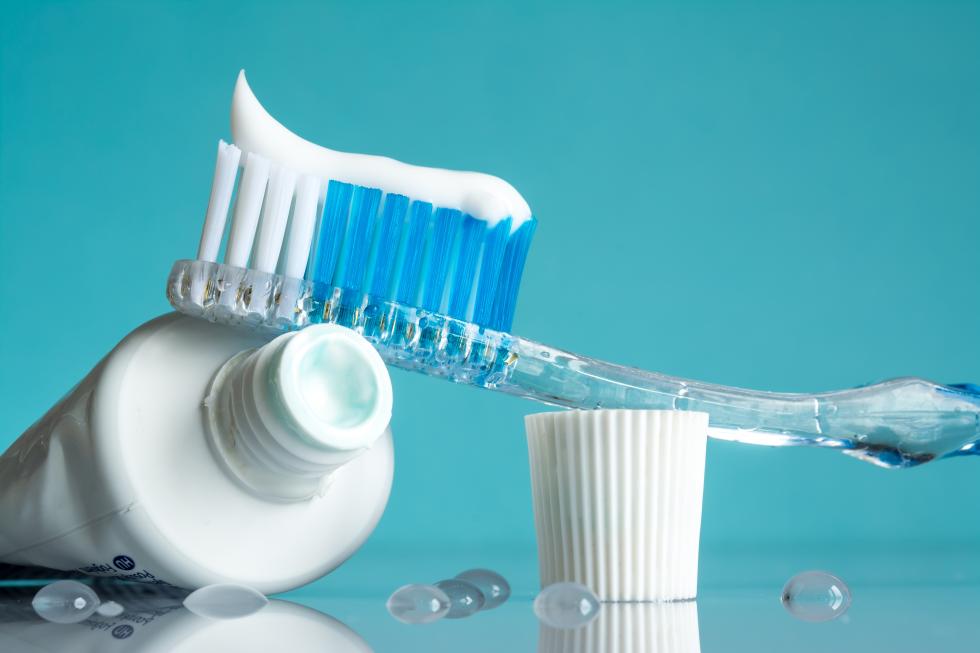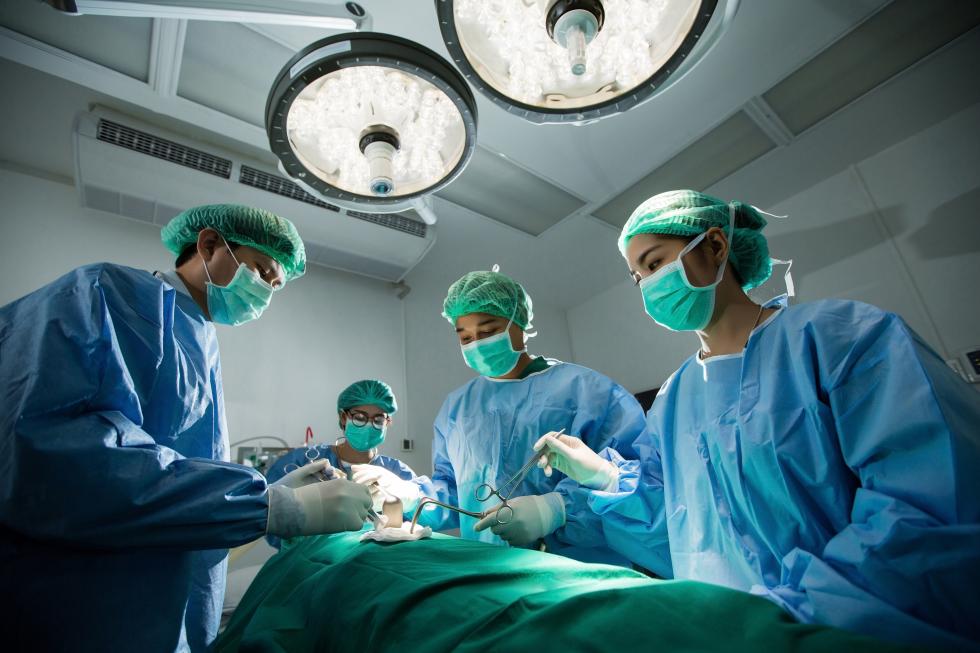

Pharmaceuticals and healthcare
Medical devices: Swiss authorized representatives after the New Medical Device Regulation - What needs to be considered?
After 26 May 2021, foreign manufacturers must appoint a Swiss authorized representative in order to be allowed to offer medical devices on the Swiss market. This requires a written agreement between the foreign manufacturer and the Swiss service provider. In the following, we explain what to consider when concluding such an agreement.
Thanks to the bilateral agreement on mutual recognition of conformity assessments, free market access applies to medical devices. This agreement enables the coordination of market surveillance, the exchange of safety-related information, and the recognition of conformity assessments between the European Union and Switzerland.
Why is an authorized representative needed?
The European Commission has made the continuation of this agreement dependent on progress on the institutional framework agreement. Without a compromise by 26 May 2021, mutual market access will no longer be guaranteed. As a result, European manufacturers will be required to appoint an authorized representative in Switzerland to represent the manufacturer in dealings with the Swiss authorities. The authorized representative is a proxy to the foreign manufacturer and is responsible for the product safety and liable for product defects in the same way as the manufacturer.
If the manufacturer does not have a registered office in Switzerland and cannot assume responsibility for placing his products on the market through a subsidiary, he is required by law to appoint an authorized representative based in Switzerland. The same obligation also applies to Swiss manufacturers who wish to place medical devices on the market in the European Union: They must appoint an authorized representative domiciled in a member state of the European Union.
The regulation of the Swiss authorized representative corresponds to that of the European authorized representative. In both cases, the appointment requires the conclusion of a written agreement ("mandate").
What requirements must the authorized representative fulfill?
The authorized representative assumes the responsibility of the manufacturer and is the contact person for the Swiss authorities. The authorized representative may be organized as a legal entity or as a natural person but, must have access to at least one person with the necessary regulatory expertise. This person is also referred to as the person responsible for regulatory compliance, or PRRC for short. The role of the responsible person is comparable to the responsible person for pharmaceutical products. For medical devices, the responsible person assumes a central role in post-market surveillance and in the control of medical devices. He or she is personally responsible for compliance with the duties incumbent on the authorized representative and can be held criminally liable for their violation. The obligation to designate a responsible person is mandatory and cannot be contractually waived. The authorized representative, however, may delegate the function of the responsible person to an external service provider.
What is the liability of the authorized representative?
According to the Swiss Product Liability Act, the manufacturer is responsible for any product defects. The Swiss Ordinance on Medical Devices extends this liability to the Swiss authorized representative. Thus, the authorized representative is jointly and severally liable with the manufacturer for any product defects. The liability of the authorized representative for product defects is mandatory by law and cannot be limited or waived by contract. Contractual indemnification clauses, however, can be agreed upon in the agreement between the manufacturer and the authorized representative. For example, the manufacturer may undertake to indemnify the authorized representative against claims by third parties, provided the authorized representative is not at fault.
To ensure liability claims, the manufacturer and the authorized representative are obliged to take out liability insurance with sufficient coverage. The obligation to cover any claims for damages arising from non-compliant medical devices shall ensure the compensation of damaging events involving medical devices. While this obligation cannot be waived by contract, the manufacturer, however, may undertake to pay the insurance costs for the authorized representative.
For his own protection, but also in accordance with the importance of his function for the protection of patients, the authorized representative must first obtain clarity about both his task and the product's characteristics. The authorized representative must perform due diligence before accepting his mandate or signing the agreement with the manufacturer.
Clear demarcation of responsibilities
With regard to the civil and criminal responsibility of the authorized representative, it is essential to clearly regulate the tasks and duties of both the manufacturer and the authorized representative. The responsibilities of the manufacturer are largely defined by law. The manufacturer is at the center of product responsibility. He must prove and document the conformity of his product, including the correct product classification. Likewise, the introduction and maintenance of a quality management system is his responsibility.
The authorized representative is dependent on the manufacturer fulfilling his obligations and that he keeps the documents up to date. The responsibility of the authorized representative is limited to checking the measures taken by the manufacturer with regard to the legal requirements in Switzerland. Due to the far-reaching legal consequences of non-compliance, the manufacturer must be contractually obliged to guarantee the authorized representative full compliance of his legal duties. This also applies to further obligations, such as affixing the CE mark, assigning a Unique Device Identification (UDI) number or writing the instructions for use and translating them into the required languages in Switzerland.
Retention, reporting, and confidentiality obligations
To enable the authorized representative to accomplish his contractual duties, the manufacturer must supply the authorized representative with extensive documentation. The retention obligations must therefore be contractually stipulated. While the manufacturer is legally obliged to retain the technical documentation as well as the declaration and certificate of conformity, including amendments and supplements for ten or fifteen years, the Swiss Ordinance on Medical Devices is silent on the duration and scope of retention by the authorized representative. However, being organized as a commercial undertaking, the authorized representative must keep commercial records for up to ten years.
Furthermore, the agreement must address the authorized representative’s confidentiality obligations and their exceptions. It must be taken into account that the authorized representative - just like the manufacturer - is obliged by law to report certain facts to the authorities and to hand over documents upon request. To prevent the authorized representative from contacting the authority on his own initiative and without prior consultation with the manufacturer, the modalities of this proceeding must be contractually regulated.
Termination and notice period
The agreement may be concluded for a definite or an indefinite period. The uncertain development in the relationship between Switzerland and the European Union should be taken into account when regulating the notice period. The notice period, however, should be long enough to allow the finding of a suitable authorized representative.



